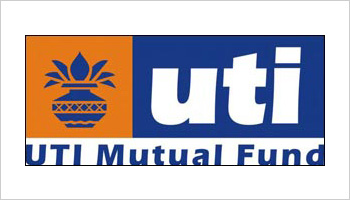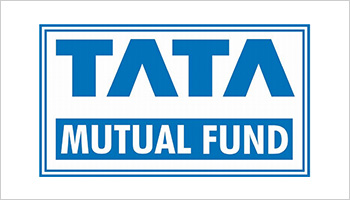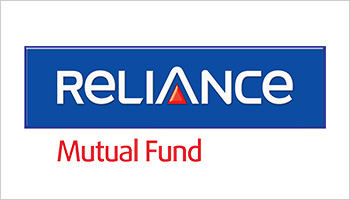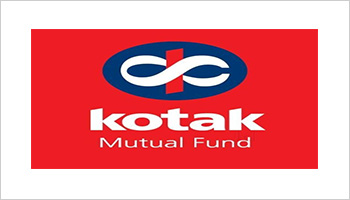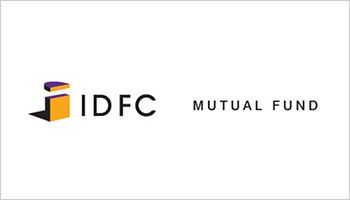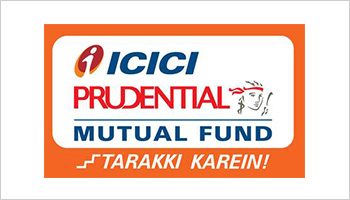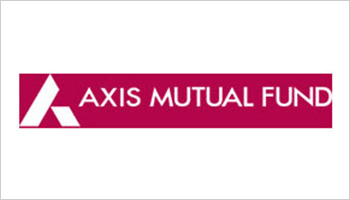What are Mutual Funds?
Mutual Fund is an instrument that enables a collective group of individuals to:
- Pool their investible surplus funds and invest the same into stocks, bonds, money market instruments and other assets
- Optimize the knowledge and experience of a fund manager
The money is received by the Asset Management Company (such as HDFC Mutual Fund, SBI Mutual Fund) with a promise that it will be invested in a particular objective (Long Term or Short Term) by professional managers (commonly known as fund managers). This manner is watched by the SEBI and the Board of Trustees.
Importance of Mutual Funds
- Beat Inflation
- Convenience
- Low Cost
- Expert Manager
- Diversification
- Liquidity
- Higher Returns
Types of Mutual Funds
1. Equity Funds: Such types of funds invest predominantly in equities i.e. shares of companies. The main focus is on long term savings so that you can save for Child Education or Child Marriage or Retirement. They have the potential to generate higher returns.
Types of Equity funds are:
- “Large Cap” funds: Funds which invest mainly in companies that run large established business. For e.g. Aditya Birla SunLife Frontline Equity Fund
- “Mid Cap” funds: Funds which invest in mid-sized companies. For e.g. HDFC Mid-Cap Opportunities Fund
- “Small Cap” funds: Funds that invest in small sized companies. For e.g. L&T Emerging Businesses Fund
- “Multi Cap” funds: Funds that invest in a mix of large, mid and small sized companies. For e.g. SBI Focused Equity Fund.
- “Sector” funds: Funds that invest in companies that are related to one type of business. For e.g. SBI Pharma Fund, Reliance Banking Fund.
- Tax-Saving (ELSS) Funds: Buying these funds can help you get exemption under Sec 80C of Income Tax Act. For e.g. DSP Black Rock Tax Saver Fund
2. Debt or Bond or Fixed Income Funds: These funds invest in Fixed Income Securities, like Government Securities or Bonds, Commercial Papers and Debentures, Bank Certificates of Deposits and Money Market instruments like Treasury Bills, Commercial Paper, etc.
These are relatively safer investments and are suitable for Income Generation or investor with lower risk appetite. Examples would be Liquid, Short Term, Floating Rate, Corporate Debt, Dynamic Bond, Gilt Funds, etc.
3. Hybrid Funds: These funds invest in both Fixed Income and Equities, thus giving you the combination of both Growth Potential as well as Income Generation. Examples would be Aggressive Balanced Funds, Conservative Balanced Funds, Pension Plans, Child Plans and Monthly Income Plans, etc.


